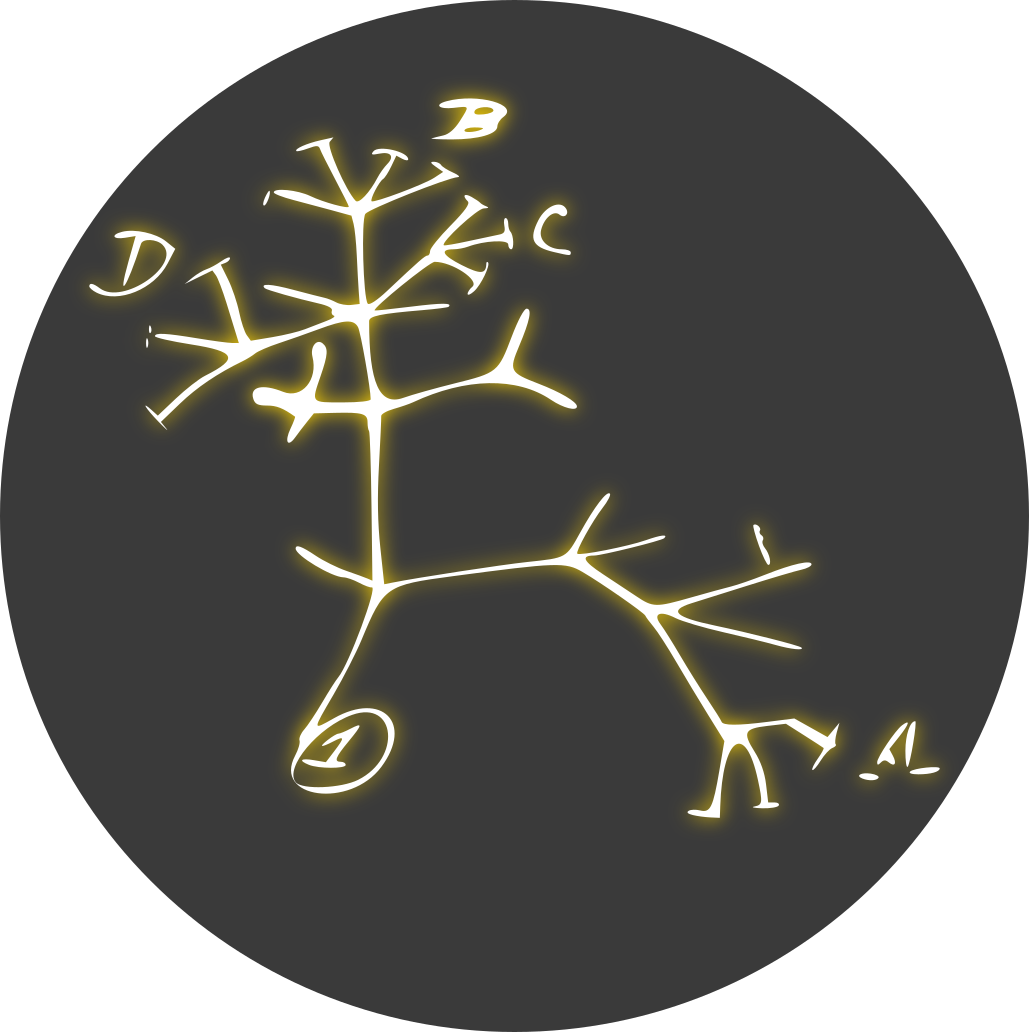Important Notice Before Publishing Documents
Before I publish these documents, I want to make it very clear: while testing and experimenting are essential for advancing our understanding of human evolution, it is crucial to consult a medical professional beforehand. Even the slightest miscalculation or lack of clarity about your goals could lead to catastrophic consequences.
Over the past four years, I have developed what I consider to be a method of “fast-tracked evolution.” Traditionally, evolution is understood as a process that spans generations within a species, slowly occurring over millions of years as new adaptations emerge. However, this method allows for significant modifications to the body within a decade, enabling the growth of beautiful and intricate features, such as wings.
I understand that some may view this as trolling or even dangerous. While there are risks involved, the potential benefits are unimaginable. I grew up with a broken, deteriorating body and felt I had no choice but to explore this path. As a result, my body has begun to enhance itself. I hope that, in the future, everyone will have the opportunity to experience this.
I invite open feedback on this work, but I ask that we keep our discussions constructive and beneficial, similar to an educational or professional setting. Your insights will be invaluable in refining these ideas and advancing our understanding.
Below are a few papers on the subject: one is a study, and the other explains the biological and evolutionary relationship between this fast-tracked evolution and traditional evolutionary processes.
Adaptation and Change in Wing Development: An Evolutionary Perspective


We mammals are pretty far (~65 million years) diverged from birds, so you’d probably be looking at more of a bat style wing or flying squirrel gliding skin mechanism than anything feathered.
This idea is really fascinating. I understand your assumption that, given the extensive divergence in evolution, if humans were to grow wings, they might resemble those of bats or squirrels. However, that’s why I emphasized the importance of detailing what you envision. While bat-like wings may be the most logical conclusion, the concept of fast-tracked evolution allows for a range of possibilities—wings with feathers, tails, horns—essentially anything you can imagine. With enough dedication and patience, nearly anything is achievable.
I think one major difference is feathers - we have not had feathers show up in any mammalian mutations or evolutions that I know of. We went a different direction, with the fur and all. So even if fast tracking wings were possible I think that would involve some kind of fur covering and different adaptation for flight more akin to bats.
Another major hiccup is - fast tracked uncontrolled evolution, aka genetic mutation, without the controls/failsafes (such as non-viable mutated animals dying out and failing to breed) just equates to cancer…
You bring up valid concerns about infertility and uncontrolled mutations. While I’ve successfully applied fast-tracked evolutionary changes to others—like my partners and some friends—my current transformation is by far the most complex and scientifically controlled.
Because of this, infertility isn’t a concern for me in this process. And, while this might sound a bit off, in today’s economy, I and many others might actually view infertility as a benefit rather than a drawback. I understand it’s an unusual perspective, but it reflects the practical concerns many face today.
Unprofessional note I’d love to just be someone’s dog and be used anytime and that would take away risk from a lady.